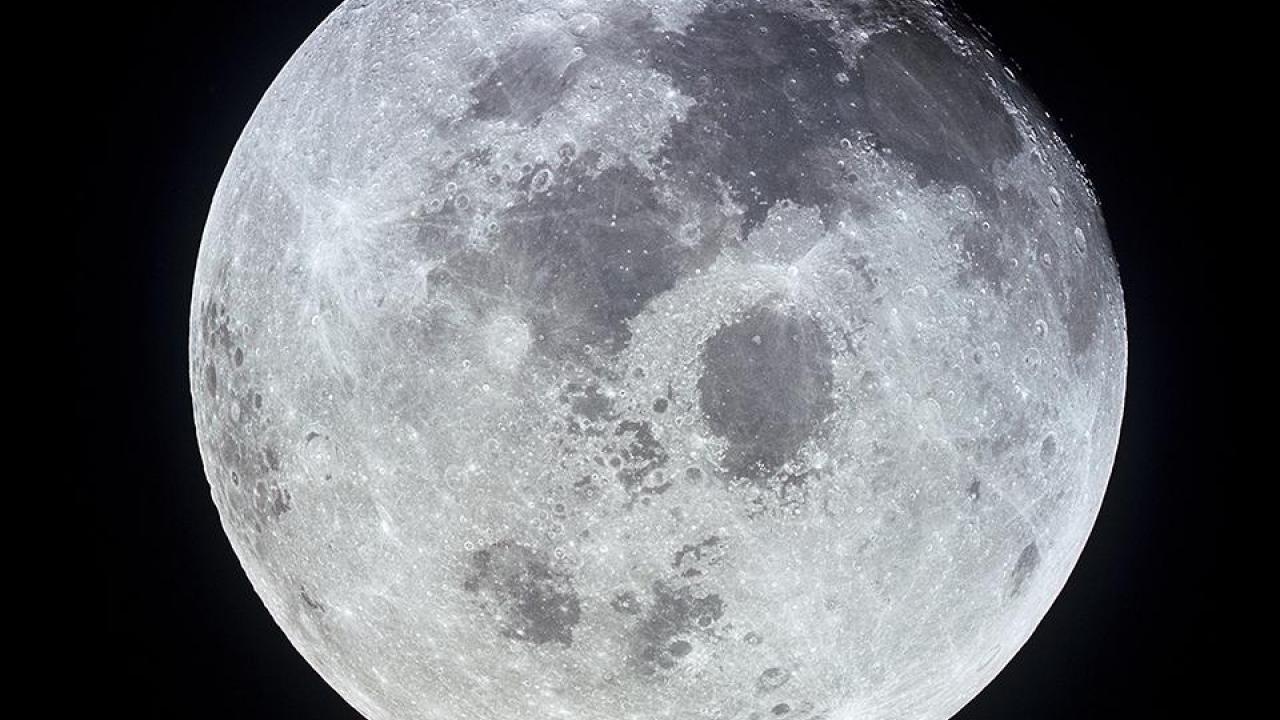We look up at the moon every night, but did you ever wonder how it got there?
There is a new theory to explain how the moon got where it is in our solar system.
In a paper published in the journal Nature, University of California, Davis, researchers, working with scientists from University of Maryland and Harvard University, developed a new model in which a high-energy collision left a mass of vaporized and molten material from which the Earth and moon formed.
Over a few tens of million years, the moon continued to slowly move away from Earth until it reached a second transition point, the Cassini transition, at which point the inclination of the moon — the angle between the moon’s orbit and the ecliptic — dropped to about 5 degrees, putting the moon more or less in its current orbit.
The research was supported by NASA.
Here's a video that shows how UC Davis studies the planets.
Read the full story here.
Related stories
Synestia, a New Type of Planetary Object (with video)
Scientist Who Studies How Planets Formed Named MacArthur 'Genius' Fellow (with video)
